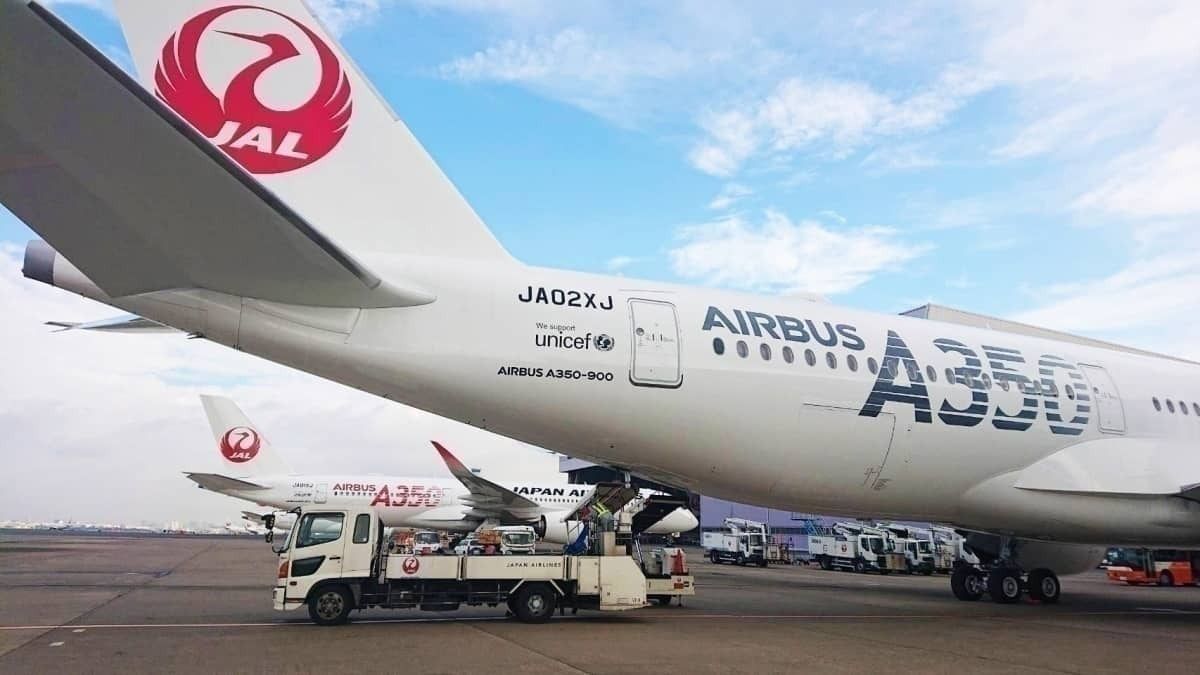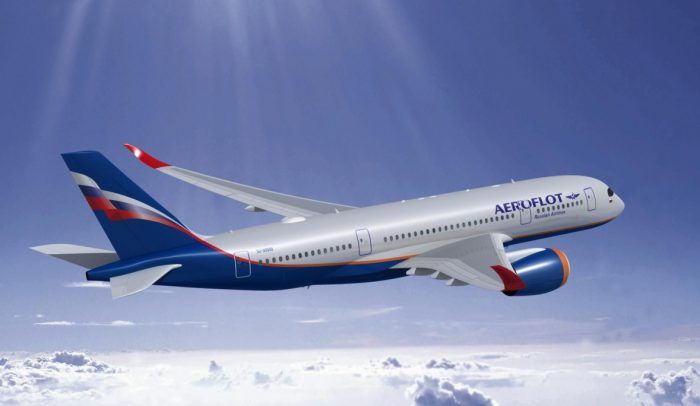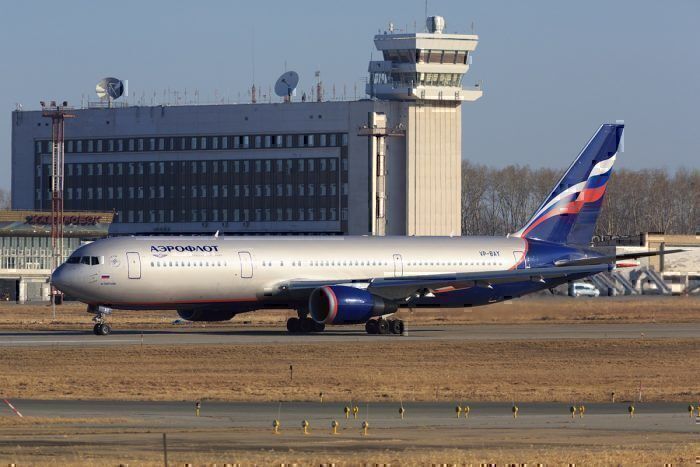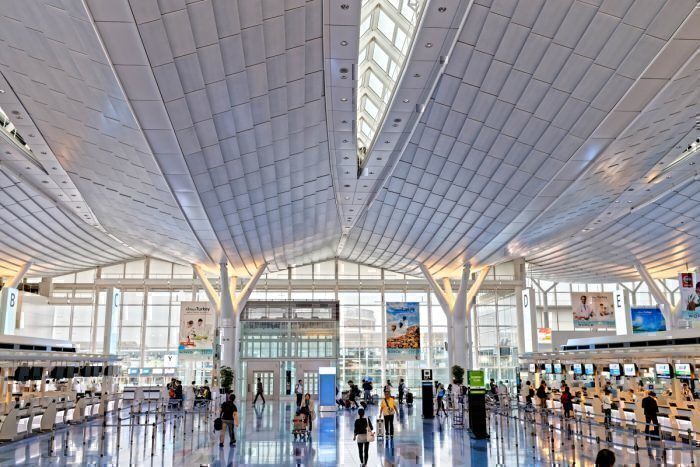Russian airline Aeroflot and Japan Airlines have entered a codeshare agreement. The move should increase flexibility for passengers traveling between Russia and Japan, and comes into effect on the 29th March 2020.
What is a codeshare?
A codeshare agreement means multiple airlines can sell seats for the same trip. In this case, it’s Aeroflot and Japan Airlines. If you booked a flight from Moscow – Tokyo through Aeroflot after March, the flight could be on a Japan Airlines or Aeroflot branded aircraft. The website should clearly state this when you’re booking a ticket.
Which routes will be affected by the codeshare?
Both Japan Airlines and Aeroflot have operated direct flights between Tokyo and Moscow for over 50 years. The codeshare will affect domestic routes in Russia and Japan, as well as routes between Japan and Russia.
Both parties also intend on increasing codeshare destinations, like on Aeroflot’s new route between Osaka Kansai and Moscow Sheremetyevo, which is set to commence in June 2020.
Russian domestic codeshare routes
- Sheremetyevo – St. Petersburg
- Sheremetyevo – Kazan
- Sheremetyevo – Yekaterinburg
- Sheremetyevo – Samara
- Sheremetyevo – Sochi
- Sheremetyevo – Krasnodar
- Sheremetyevo – Rostov
- Sheremetyevo – Nizhny Novgorod
- Sheremetyevo – Perm
- Sheremetyevo – Ufa
Japan domestic codeshare routes
- Haneda – Sapporo
- Haneda – Nagoya
- Haneda – Osaka (Itami / Kansai)
- Haneda – Okayama
- Haneda – Hiroshima
- Haneda– Fukuoka
- Haneda – Nagasaki
- Haneda – Kumamoto
- Haneda – Kagoshima
- Haneda – Okinawa
How will the codeshare benefit you?
Depending on who you ask, codeshare agreements are either a cynical marketing ploy or a way to improve profits for the airline while providing convenience to the traveler. Regardless of opinion, the agreement could benefit you in a few ways.
In theory, the codeshare between Aeroflot and Japan airlines will open up new possibilities to you as a traveler.
Earn airmiles
One benefit is earning airmiles. Let’s say you’re a Japan Airlines frequent flyer. If your flight is booked through Aeroflot, but the flight is operated by Japan Airlines, you’ll get your airmiles with Japan Airlines.
Simplify connecting flights
If you’re taking connecting flights between domestic locations, it means your whole itinerary will be on one ticket. Let’s say you get a flight from Sapporo – Haneda – Moscow as it currently stands. The Sapporo – Haneda flight would be under one ticket, and you’d have to check in again with a new ticket if your next flight is with Aeroflot.
Under the codeshare agreement, you’ll be able to travel with both carriers under one ticket. You check-in at the beginning and end of your journey only. And, there’s one set of baggage conditions, which is a stressful factor when flying under different airline rules.
Potentially save money
Being able to book two flights under one carrier could, in theory, save you money. Some savvy travelers have been able to bag cheaper deals booking through one carriers’ website over the other, which shows why it’s always good to shop around for your flights.
The bottom line is, it adds more options, enabling potential savings and less stress with connecting flights. Marketing or not, sometimes it makes sense for airlines to team up, maybe they make some more money – but maybe you save some too.
Are you for or against codeshare agreements? Will this benefit you in some way? Let us know in the comments.




